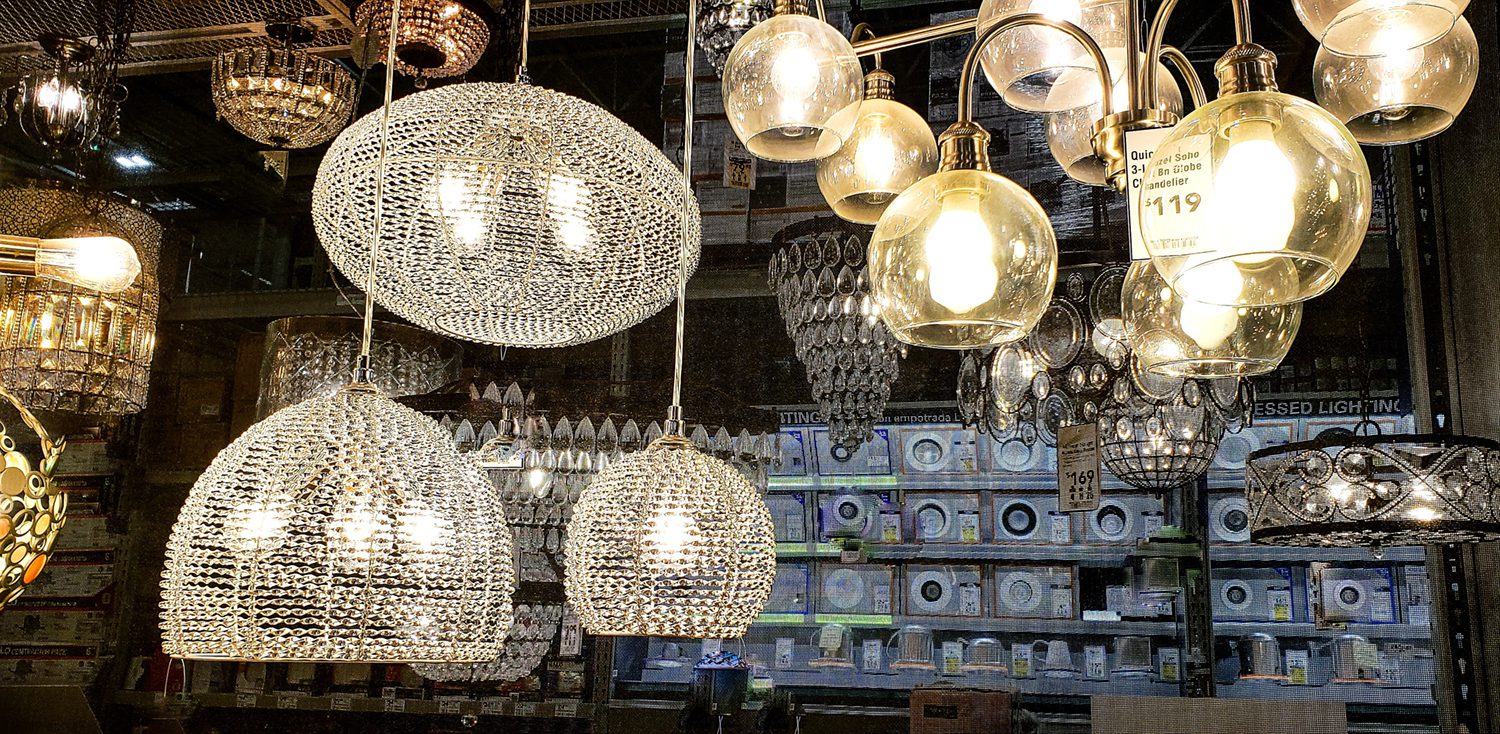How to Get A Job in Retail

Want a career in retail? Zachary Daniels explores the first steps that can help you lock in success.
You’re new to all this. You haven’t worked much (or at all) in retail before, but you’d like to. Where do you begin? And once you’ve begun, what do you do next?
In this post, we’ll look at the various ways you can get your foot in the door and build your career.
1. Use volunteering to get started
Damn that chicken and egg. You want to get a job in retail, but no one will offer you a job until you’ve got experience. And you can’t get experience without a job.
In truth, the number of vacancies across the UK has made it a little easier to get your first job in retail without masses of experience, but life can still be competitive (and difficult) for anyone looking for a way in. To solve that, consider doing some voluntary work at a charity shop. You won’t get paid, but you will build essential retail experience that could look great on a CV. Plus, you’ll be showing any potential future employer that you’re prepared to commit and you’re willing to give back to your community – all valuable stuff.
2. Set your sights on a store
Perhaps you love a brand for the way it operates or what it stands for. Perhaps it’s not so much a question of a specific brand, but more the area of retail you want to work in. Think about the things that matter to you and target your job search to brands that fit that mould. It’s good to be a little flexible. If you decide that JD Sports is the only sports and fitness brand for you, or that only the smell of Lush is good enough, you’ll immediately come unstuck if they’re not hiring.
Cast your net a little more widely and you’ll give yourself more of a chance.
3. Start at the beginning
You probably won’t walk into your first job as the CEO. But even if your ambitions are a little less lofty – a buyer or merchandiser, for example – you’ll find such jobs are extremely competitive and may require specific qualifications and experience.
As a first step, then, be prepared to take your place on the shop floor.
4. Show what you’re capable of
The key to making your first role a success is to pour all your energy into it. Yes, you may have set your sights a little higher than a part-time Saturday worker, but as this is where you are now, why not aim to be the best crew member you can possibly be?
This is where you’ll develop your understanding of retail – of how to sell and cross-sell, how to deal with challenging customers, how to work as part of a team, how to make your voice heard and more.
Many of the skills you’ll develop here will be valuable in any career, but they’ll serve you particularly well in retail, so keep a note of the big learning points and the out of the ordinary experiences that show what you’re capable of. They’ll come in handy when you’re completing CVs and application forms in the future.
5. Ask questions and look for opportunities
Once you’ve established yourself as a reliable and capable team member, you’ll have a chance to explore possibilities. Check the intranet or noticeboard for upcoming opportunities. Talk to your managers about how they got started and ask what you should do to take the next step up. If you’ve made a good impression they’ll be only too happy to offer advice and support. After all, developing the people around them will be part of their job description.
6. Get the qualifications (if you need them)
It’s easy to assume that every merchandiser, fashion designer and assistant manager role requires a degree. Many will, but some organisations may offer alternative routes ‘in’ for members of staff who are already part of the team.
If you do need a degree, research retailers and industry organisations who may offer a scholarship programme. These could help pay for your studies and give you a post-graduate career too.
Some retailers target support to aid social mobility. Others, such as retailRIGHT Scholarships, support specific courses for those wishing to access specific parts of the industry, such as fashion business creation or luxury brand management.
7. Consider an apprenticeship
There aren’t many scholarships available, but there are lots of apprenticeships offered by many of the UK’s biggest brands. An apprenticeship helps you train for specific roles and attain qualifications up to and including degree level.
If you’re planning a career as a retail marketer, buyer, merchandiser, supply chain operative or store manager, an apprenticeship could be a great way to start – and you’ll be paid an apprenticeship wage throughout the programme.
8. Join a graduate scheme
If you’ve already got a degree, joining a retailer graduate programme could put you on the fast track to a senior career. There are lots of schemes available with a wide range of retailers. Some will be degree specific – a sustainability or supply chain role is likely to go to a graduate in a related subject – some (such as store management roles) may be a little more generalist. All are highly competitive, though, so you’ll need more than an impressive degree to be successful.
That’s where you’ll need to show your passion for the role and the brand, and demonstrate the steps you’ve already taken to build your experience (see the earlier steps in this post).
9. Work with an expert recruitment partner
If you’ve never worked with a recruitment company before, you might not be aware of the difference a professional recruiter could make to your career, especially if you offer a set of skills or a level of experience that makes you particularly marketable.
Yes, at it’s most basic level the job of a recruiter is to match candidates with the opportunities that would be perfect for them. Yet once that’s happened, the relationship doesn’t (or shouldn’t) stop there.
A great recruiter checks in every once in a while to see how you’re doing. When you start getting itchy feet, they can help you manage your next move, and the one after that, and so on.
Building a relationship with a recruiter can be a huge advantage in building your career. It can open doors you’d never otherwise have known about. It can take much of the time and hassle out of making your next career move. And you’ll be supported throughout the recruitment process.
Recruiters are less likely to work with people just starting out, but once you’ve developed your experience and capabilities, get in touch and send us your CV. It could transform your career.
< Back to list


